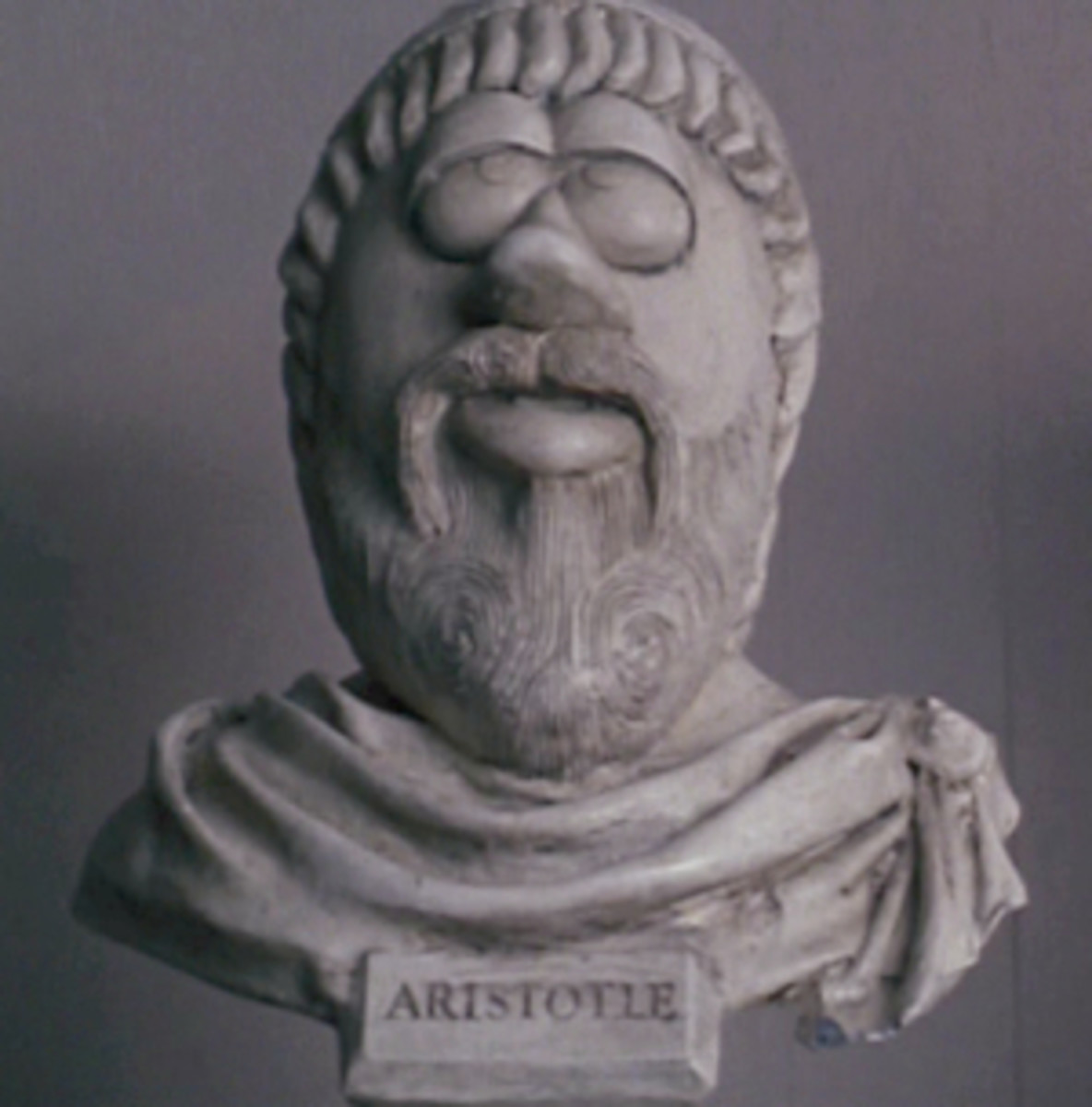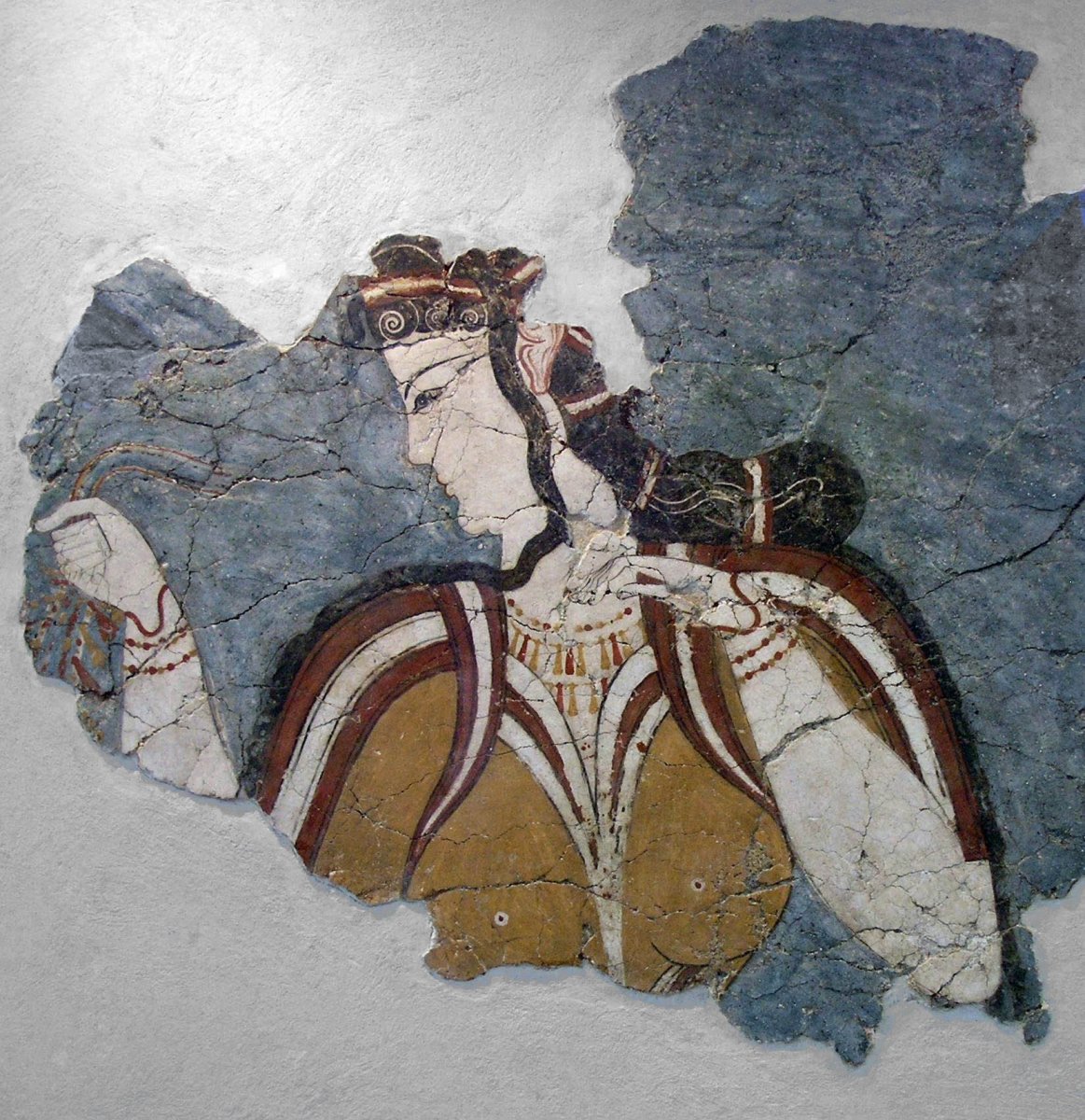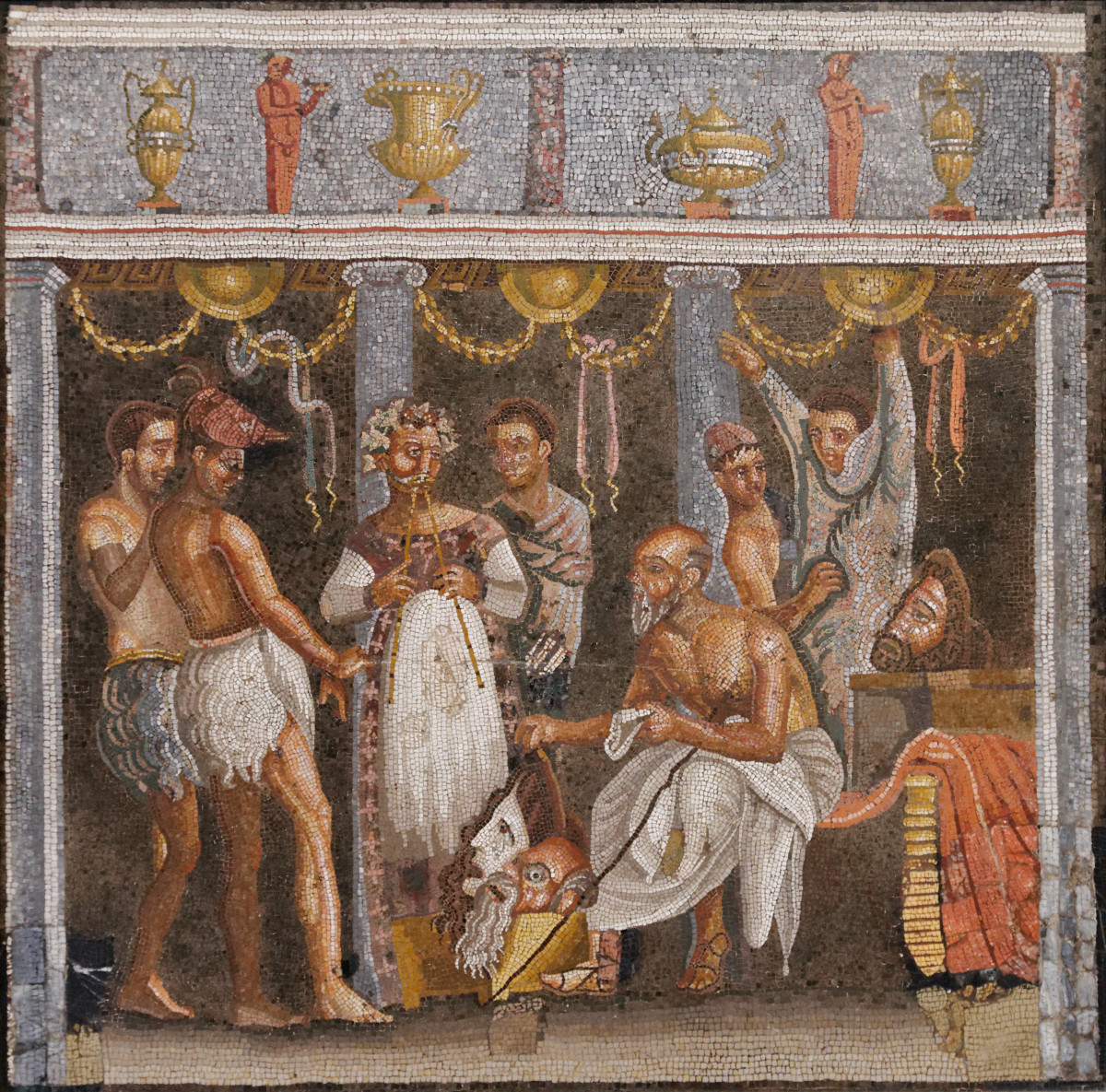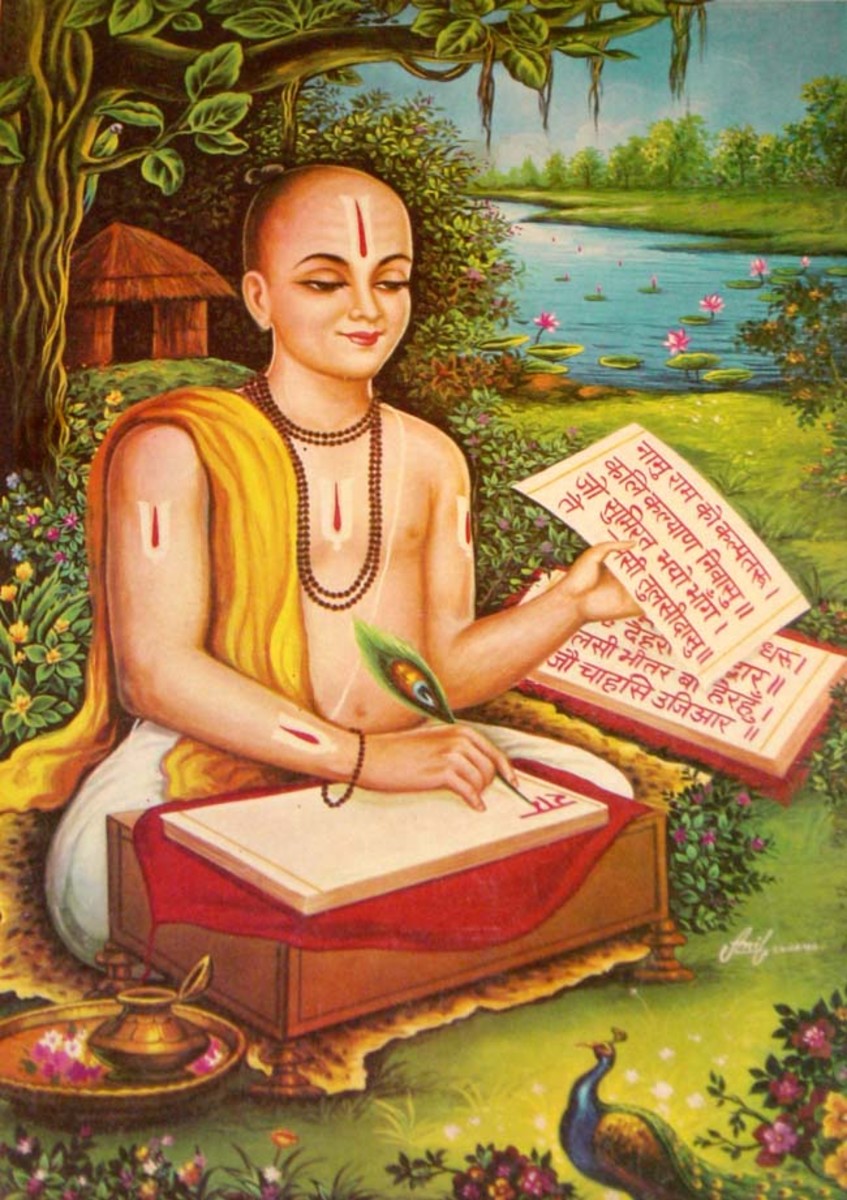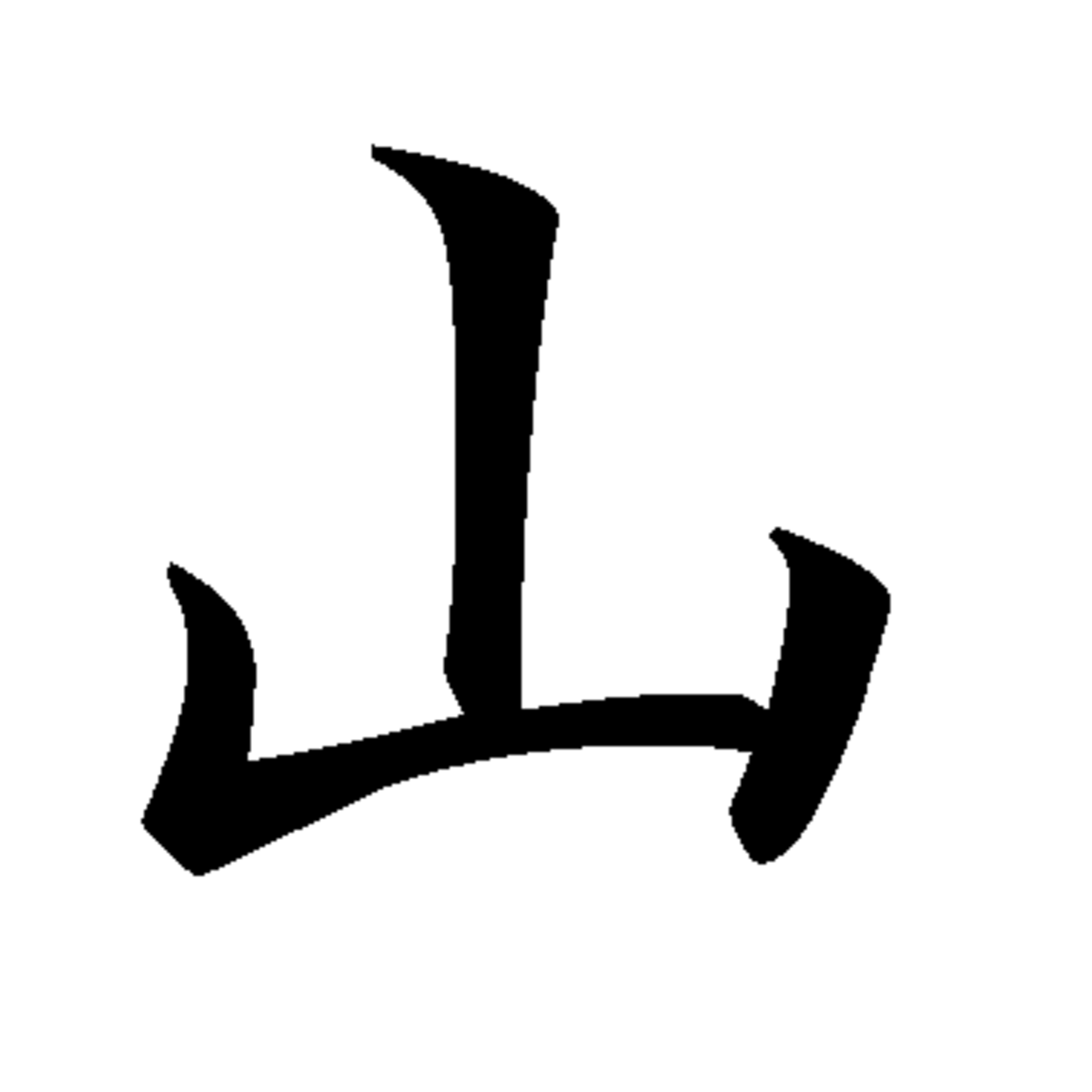Preservation Done by Greek Alphabets
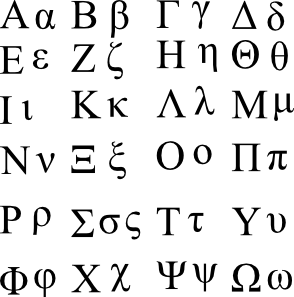
Written words are backbone of any civilization. Memories fail and when a story travels orally it is perceived differently by everyone and unintentional modifications are made like a game of “Chinese whispers.” At end of a Chinese Whisper game we can laugh and enjoy the changed text but if our history is altered in similar manner it is a shameful forfeiture. Alphabets are building blocks of language that make the foundation. A building made on weak foundations will soon meet its fate and collapse. If we consider Greek Alphabets the grounds of Greek language we can see the strength and versatility of these alphabets not only they have survived 25 centuries but they have also generated most European languages.
The native speakers of Greek Language are less in number than other languages but the strength of this language lies in what has been written in it. The earliest records of Greek language show that around 1450 BC Greek alphabets were used to pen down agricultural techniques and produce. The Greek language has shaped western thought with its philosophy, literature and by being language of early Christian Gospel. Most of these philosophies and tales were told orally for years before being written properly but once written they were preserved like assets and are still read today with pleasure. The historian wrote down classic tales of wars and peace by collecting eyewitness accounts from soldiers and generals. Major part of the Ancient Greek literature is lost in time; the part that survives has poetry, drama, history philosophy and substantial legacy which influenced Latin and European writers and shaped their texts.
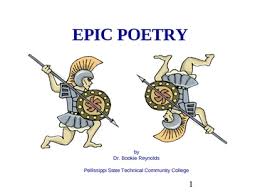
Epic Poetry
Epic poetry switch around from scene to scene and it has dramatic narrative in it. The category of Epic Greek Poetry revolves around two great poets Homer and Hesiod. The famous works of Homer are Iliad and Odyssey. Iliad is about famous Trojan War that tells the story of once glorious Troy. The hero of story is a soldier Achilles. This tragic tale is important chapter of history.
Tip for the busy youth of today who want knowledge about Troy but find it hard to go through heavy texts. They can watch the blockbuster Hollywood movie Troy which is true representation of The Iliad. The way it ends with a quote from Iliad grasps the hearts of audience and they feel as if Troy is talking to them. “If they ever tell my story let them say I walked with giants, men rise and fall like the Winter wheat but these names will never die. Let them say I lived in the time of Hector, tamer of horses...let them say I lived in the time of Achilles.”
On the other hand Odyssey is a mixture of tragedy and comedy. This Epic poem is about Odysseus; a warrior at Troy. The story revolves around his decade old journey of returning home after war.
Hesiod is hardly known by any source other than his work. His work Theogony is about Greek gods. He tells that world was nothing but chaos until gods were developed. His other work is called “works and days” revolves around the country life of poor peasant. It also accounts the division of assets between him and his brothers after death of their father. There is many significant information in Works and Days for farmers.
Drama
Theater or drama a popular medium of today was born in Greece. The festivals of honoring Greek god Dinoysus let to theatrical performances. The drama gained popularity because it was considered a religious act to perform and attend theater. Three writers Sophocles, Euripedes and Aeschylus are famous for their contribution in Greek Theater. Theater was more about intense scenarios and tragedies. Drama like Oedipus Rex, Medea and Oresteia are examples of tragedy. There was some comedy as well which includes work of Aristophanes. The genre of satyr also began in ancient Greek Theater but most of the plays have not survived the test of time the only survival is Euripides’ Cyclops.
Greek Literature: An Anthology

History:
Epic poetry and Greek drama does record historical events but the documentation of history is related to two people Herodotus, also known as the father of history and Thucydides. Herodotus is also credited for using prose in literature for the first time in Europe. Thucydides documented history after critically evaluating his resources and doing thorough research. His account of Peloponnesian War has annexations of documents which show his strenuous effort towards his work. Later historian Xenophon started his work “Hellenica” from where Thucydides left and worked from 411 BC till 362 BC. But the work of Xenophon’s lacked quality but his documentation of military matters has significance importance in history. Another notable contribution of Xenophon is his work in praise of Socrates.
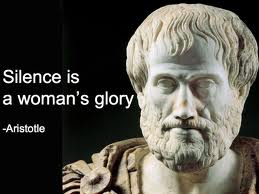
Philosophy
There is nothing that can define importance of written Greek language more than the Greek philosophy. The philosophical thoughts show evolution of beliefs and ideas since sixth century BC. Amongst the many Greek philosophers Socrates, Aristotle and Plato are top of the list. Nothing can bring back the loss history faced because of delay in documentation. However what survives today is treasurable. Socrates never wrote any of his philosophical thoughts his students Plato and Xenophon later wrote down his philosophies. Aristotle shaped the branch of philosophy. He was student of famous Plato Academy and teacher of the known Alexander the Great. He studied almost all the subjects of his time and made important contributions to politics, linguistics, music, theater, ethics and metaphysics. The conversations and dialogues Aristotle wrote have diminished with time but many of his teachings that have survived to present day comes from the lectures he delivered at his school Lyceum in Athens.
The literary genres of Greek language later got adapted by Latin literature and European Literature. The example set by Greek writers was models for succeeding writers.
The Iliad


